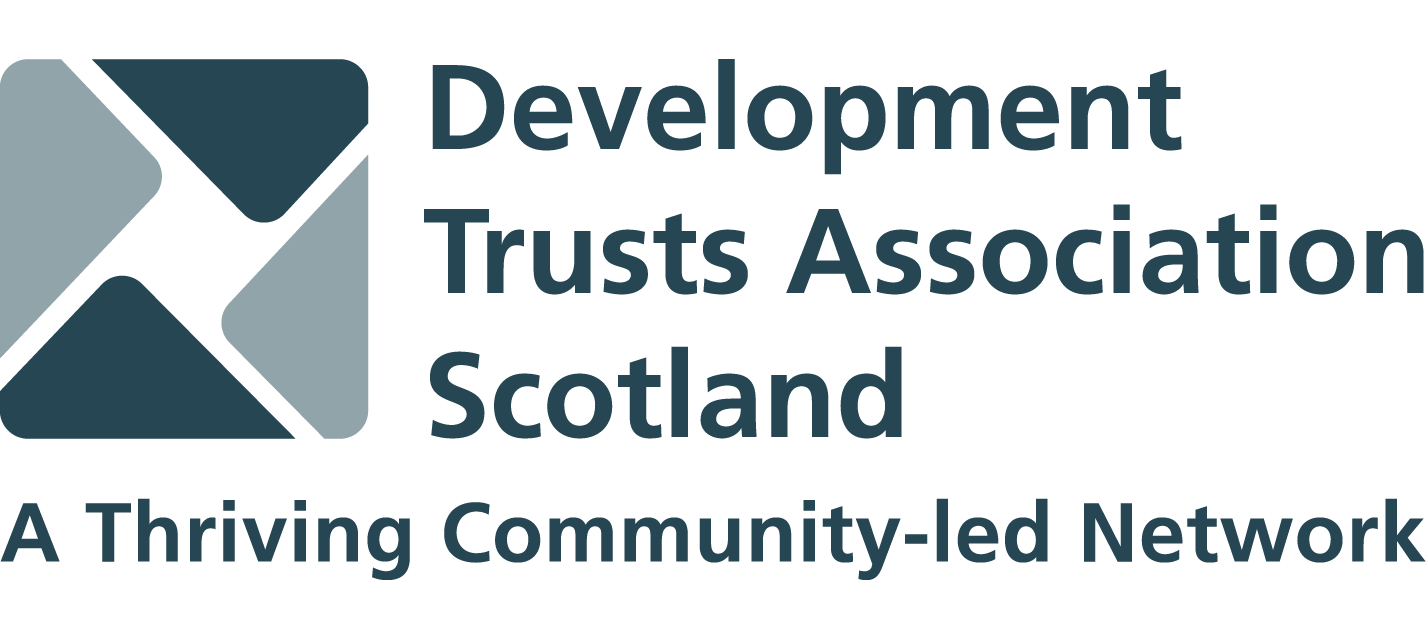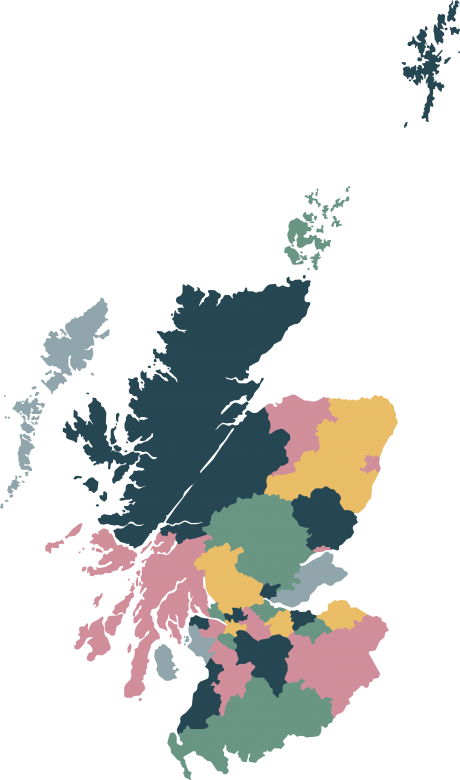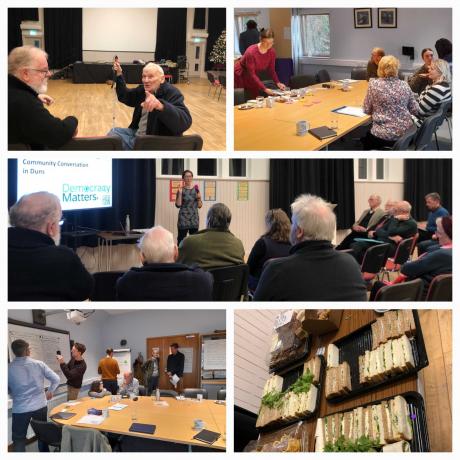The Impact of Development Trusts in Scotland: Strengthening Communities
Posted on: Monday 13th May, 2024
Introduction to Development Trusts in Scotland
Development Trusts are dynamic, community-led organisations dedicated to sustainable local development. Operating across the length and breadth of Scotland, from island communities to City Centres, engaging in various projects and action to enhance their communities' social, economic, and environmental wellbeing. Rooted in local needs and aspirations, Development Trusts work on the principle that community-led initiatives are most effective in generating long-term, positive changes for their local community. They are place-based, enterprising and governed by local people.
Achievements of Development Trusts
Over the years, Development Trusts in Scotland have achieved remarkable success in various sectors. These include the regeneration of local areas, the development and ownership of community assets, and the creation of enterprises that support the local economy and create jobs. For example, many trusts have successfully renovated historical buildings, turning them into community hubs that offer essential services and spaces for social activities. Many are involved in housing, tourism, community shops and town centre development. Additionally, some trusts manage local natural resources, promoting environmental conservation and education or operate healthy living centres, promoting health & wellbeing. Some also own wind or hydro renewable energy schemes and woodlands.
Development Trusts are pivotal in revitalising local economies and creating community infrastructures that meet the needs and demands of local people. They are services that are shaped and owned by the local people that live there meaning they are inclusive, diverse, agile and creative. Delivering childcare, active travel schemes, elderly services, youth work, arts and culture, training and many other social activities that deliver positive outcomes in a local area.
Development Trusts help to retain wealth at a local level whilst overcoming challenges and issues for individuals and the community as a whole. Taking action on priorities that matter to them.
Integration with Broader Community Work
Development Trusts are integral to broader community work in Scotland. They collaborate with local councils, private sector partners, and other non-profit organisations to align their projects with broader community plans and initiatives. This collaborative approach ensures the trusts' projects are well-integrated with local and regional development strategies. Whilst working towards the Scottish Government's purpose of creating a more prosperous country with opportunities for all of Scotland to flourish through increased wellbeing and sustainable and inclusive economic growth.
The trusts also play a crucial role in advocating for community interests, ensuring local voices are heard in policy-making processes. This has led to more community-focused planning and the implementation of policies that directly address the needs and challenges faced by local populations.
Our Support to Development Trusts
Development Trust Association Scotland (DTA Scotland) is an organisation that supports and represents Development Trusts across Scotland. To join the membership and our network, organisations complete an application process which ensures that the ethos and core principles are met. Our membership provides a network of community anchors, community-led organisations, and a place to share knowledge and experiences. DTA Scotland provides support through a dedicated team of development officers that enhance and guide organisations on their path, by giving advice and promoting best practices and innovative solutions to common challenges.
DTA Scotland also offers training and resources to its members, helping them build capacity and to achieve their goals. This includes legal, financial management, project planning, and guidance in sector specific delivery areas. By equipping trusts with these tools, DTA Scotland ensures they are well-prepared to manage their projects efficiently and effectively.
Furthermore, DTA Scotland advocates for policies and legislation that supportcommunity-led development. By engaging with policymakers and stakeholders at various levels, DTA Scotland plays a crucial role in shaping an enabling environment for our members to operate successfully. This advocacy is essential in ensuring that government policies continue to support and empower local communities through the work of Development Trusts.
Conclusion
Development Trusts in Scotland are at the forefront of transforming local communities into thriving places where people want to live, work and socialise. Our members have significantly impacted on the economic, social, environmental and cultural fabric of Scotland through their dedicated efforts. With the support of DTA Scotland, these organisations are not just responding to community needs but actively shaping a resilient and sustainable future for all.
As Scotland continues to evolve, the role of Development Trusts will undoubtedly expand, playing an even more critical role in the nation's sustainable development. Their continued success is a testament to the power of community-led initiatives and the importance of collaborative effort in achieving long-term community benefits.




 Blog: Burnout in the Sector DTAS Debate
Blog: Burnout in the Sector DTAS Debate






